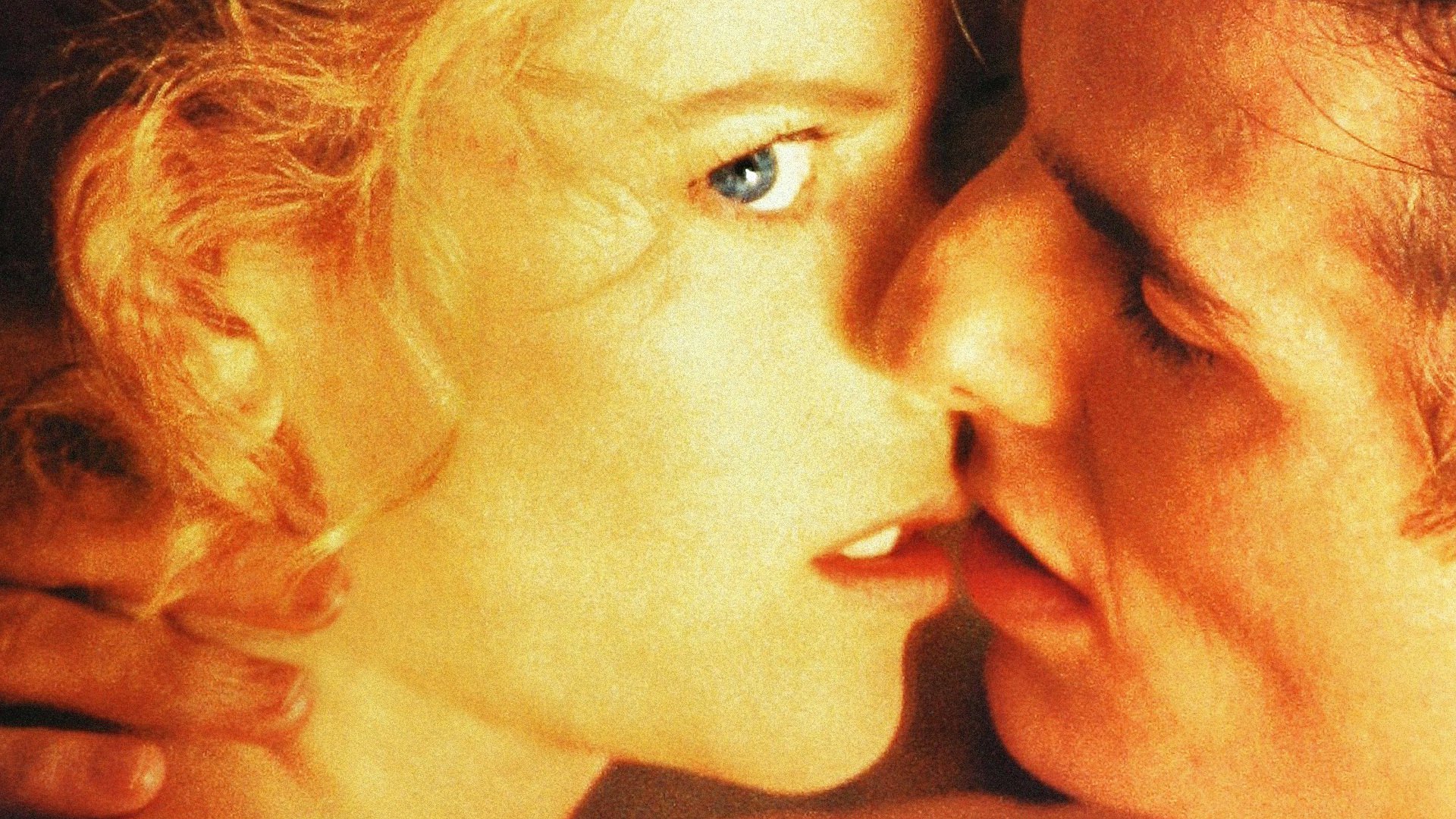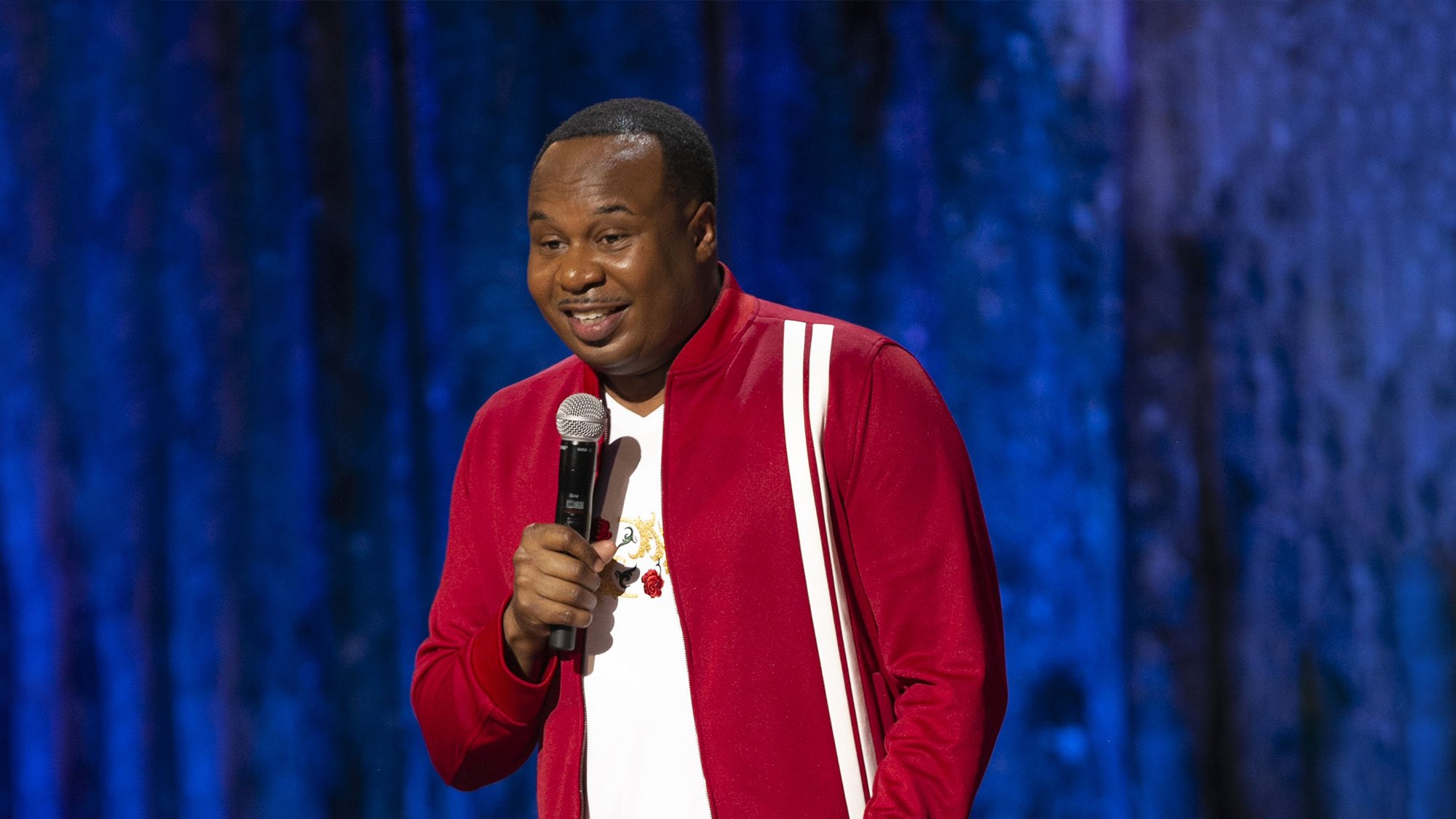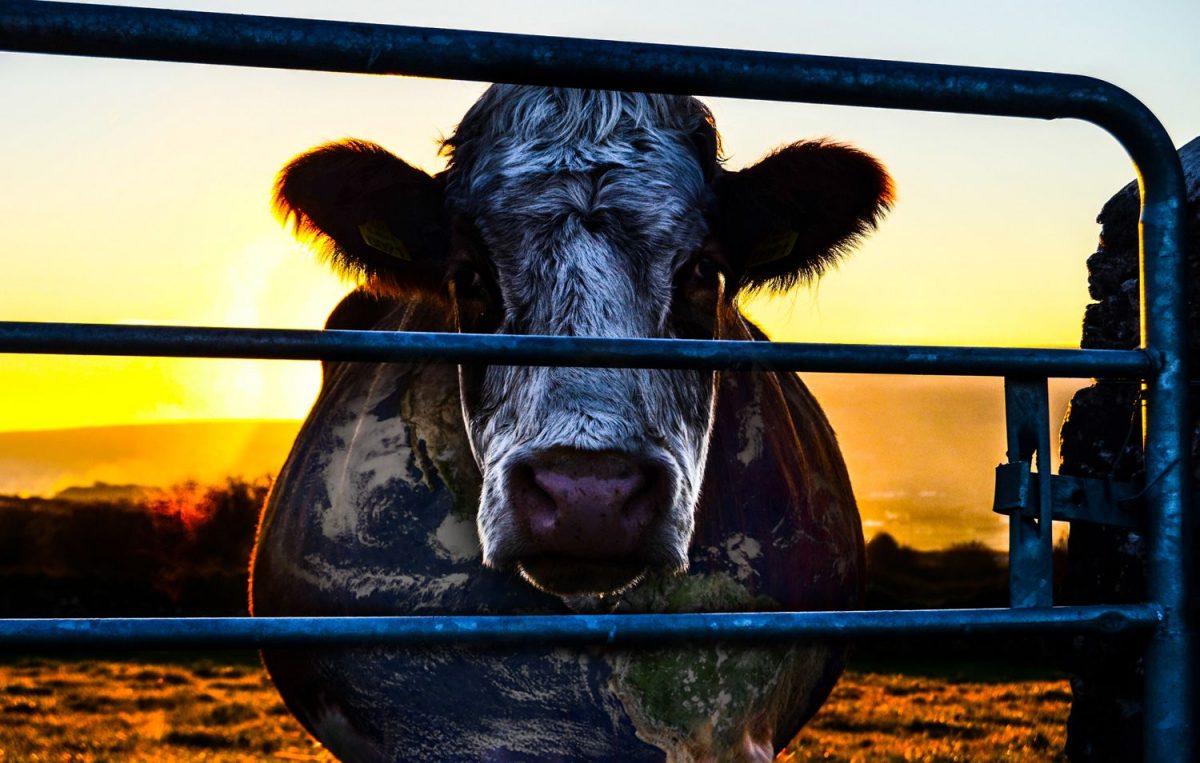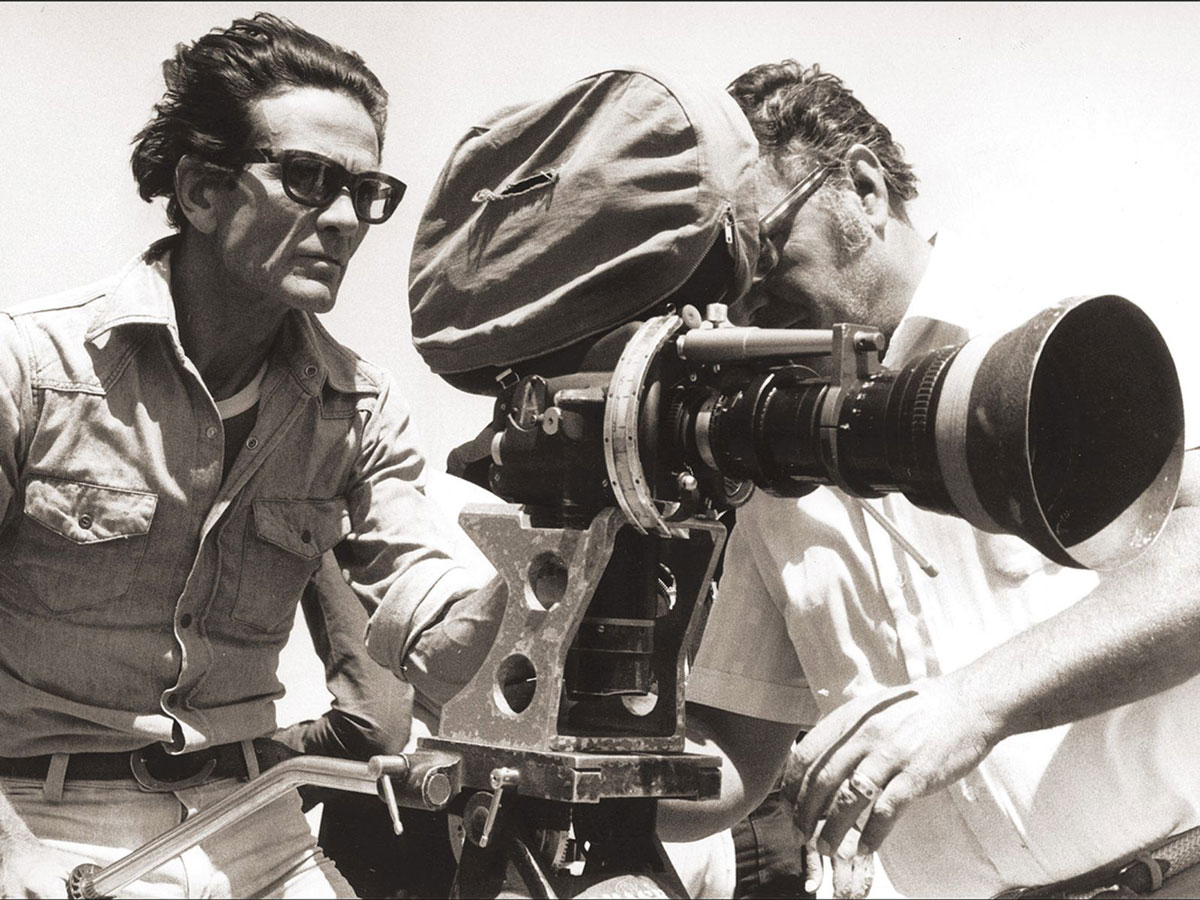
Eyes Wide Shut (1999): The 90-Second Trailer
Nicole Kidman is dawdling before the mirror, naked except for her eyeglasses and an earring that’s giving her trouble. She fusses with it, but languorously, as might be expected amid her gilded surroundings. They suggest the kind of hotel where each room is a scaled-down version of the queen’s bedchamber at Versailles. The lamps bathe Ms. Kidman in flattery…



